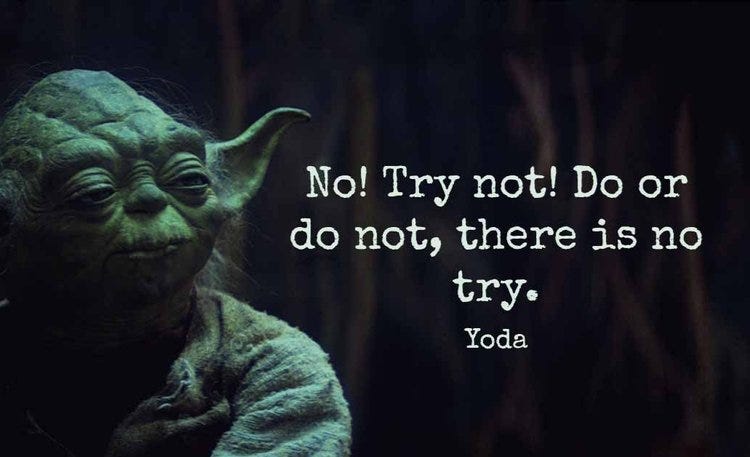I know, “languaging” is not in the dictionary yet, even though it has become a means of meaning-making in the past few decades and was coined as far back as 1985. Swain & Watanabe elucidate it best here:
“The concept of languaging derives from Vygotsky’s work which demonstrated the critical role language plays in mediating cognitive processes. Language and thought are not the same thing; in fact, Vygotsky argued that language “completes thought.” In essence, we can think of languaging as an activity, a “process of making meaning and shaping knowledge and experience through language” (Swain, 2006, p. 98), and as such, it is part of the process of learning. The verb languaging forces us to understand language as a process rather than as an object.”
In contrast to the slow progress “languaging” is making into accepted verb-dom, “google” swept right into verb form in 2006, after only 8 years of being in existence at all. I first learned languaging in my 200 hour yoga teacher training at Kripalu in 2002 and it fit me like a glove. With a lifelong fascination for words and how humans express themselves, I finally had a place, and a way, to directly address the disjunct I often perceived between people’s minds and their speech. That really appealed to me. And still does.
For instance, have you ever noticed yourself switching personhood from “I” to “You” when you don’t want to own something? Or at least you want to feel like you have company in the thought or behaviour? Now that I’ve mentioned it you might notice it first in others. It’s a bit trickier to catch in ourselves! It’ll often happen mid-sentence or at least mid-exposition. Someone will be talking about a habit and start out in first person.
“I used to do yoga but then you get out of practice and you do other things…”
The slip into “you” surreptitiously includes all of humanity in an issue that just a millisecond ago was all about the speaker alone. If I care enough I’ll say, “Me?” The speaker often gets confused at this point, or thinks I’m confused, because it’s been such an unconscious shift. So I’ll have to explain what just happened, which then launches us into a deeper conversation about what actually lies beneath. That’s why I only do it if I care enough; it’s a bit confrontational.
Or “trying.” If you’re trying to do something then you’re not actually doing it. In a rough paraphrase of Yoda I say, “Fuck trying, either do or don’t.” And if you don’t initially do the thing as fully as you’d like, then just keep doing it until you do. Psychologically, doing is stronger than trying.
“Just” is another one. It’s a softener. “Just step your right foot forward.” How about, “Step your right foot forward.” What’s wrong with being that direct? Especially when teaching. I guess I’m more rough and tumble and not so interested in softening my clothes, or my language. I like it when clothes are line-dried and slightly crispy.
Ooh here’s another goodie. “I want…” When a teacher says, “I want you to roll your head to the right,” I get all caught up in the story. Oh really? Why do you want that? What’s in it for you? What does my head and where it goes have to do with you?
Again, it’s indirect and confusing. And really we ought to ask ourselves why we’re using such language in the first place. Is there an underlying desire to get everyone to conform to our wants? To deliver on our wants?
Are we not here to empower others to empower themselves?
Oh, no, actually we might be (unconsciously of course) here to gain followers. No wonder “follower” is such a key part of our social media languaging these days. No wonder google is officially a verb but languaging is still on the fringes.
Change the name, change the game. How we speak reflects how, or what, we think as well as how we’re likely to act. It requires consciousness. Wake up to what you’re actually saying! But let me speak only for myself: I endeavour to wake up in each moment to what I’m actually saying. You can do what you like. :)
Unless of course I care about you, and then it’s likely I’ll draw your attention to it…
An oldie but a goodie:
You are what your deep, driving desire is.
As your desire is, so is your will.
As your will is, so is your deed.
As your deed is, so is your destiny.
-Brihadaranyaka Upanishad IV.4.5
(original post on Melissa’s a : muse blog, 27 January 2021)





